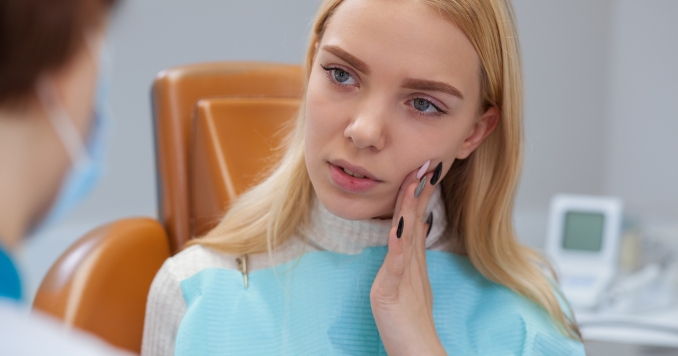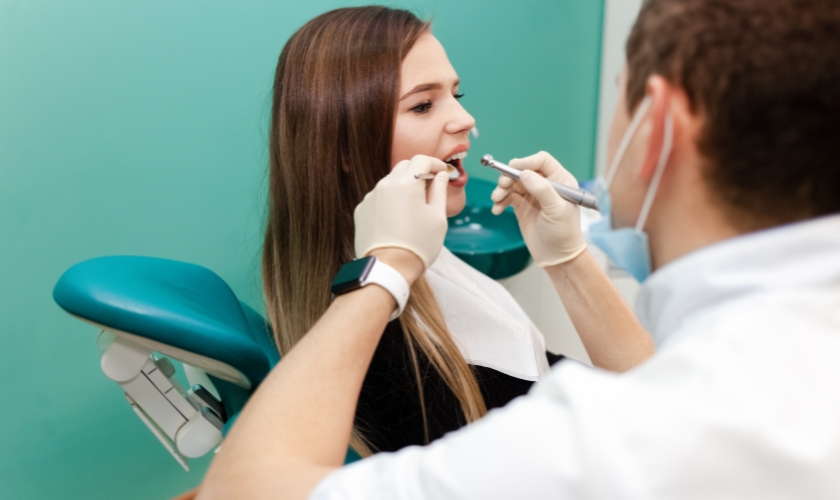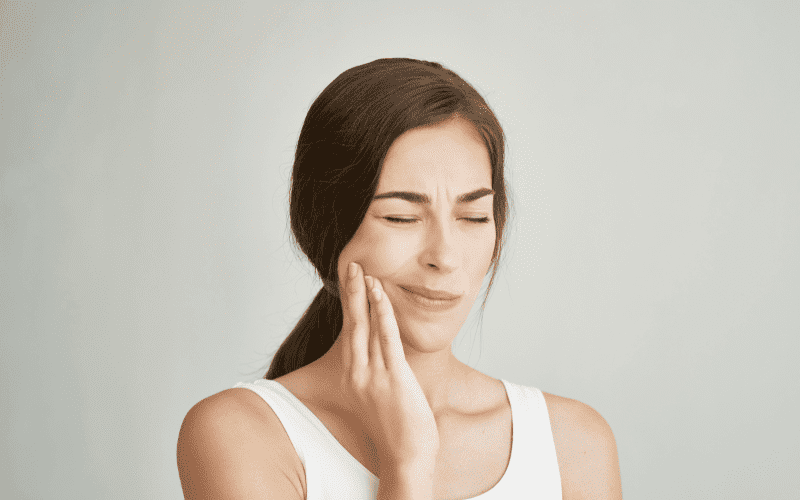We are not a registered HMO/Medicare/Medicaid provider instead, try our Membership Plan
How to Prevent Dental Emergencies: Tips for a Healthy Smile

Dental emergencies can happen when you least expect them. A sudden toothache, a chipped tooth, or an injury can quickly turn a good day into a stressful one. Knowing how to prevent these situations is essential for maintaining a healthy smile. This blog will provide practical tips to help you avoid dental issues and reduce the need for an emergency dentist. By following these guidelines, you can keep your teeth and gums healthy, saving you time, money, and discomfort.
Schedule Regular Dental Check-ups
Visiting your dentist regularly is crucial for preventing dental emergencies. Aim for check-ups every six months or as recommended by your dentist. These appointments allow your dentist to:
- Identify issues early: Dentists can detect cavities, gum disease, or other problems before they become serious.
- Professional cleaning: A dental cleaning removes plaque and tartar buildup, which can lead to decay and other issues.
- Receive personalized advice: Your dentist can provide tailored tips for your oral care routine based on your needs.
Regular visits can catch problems early, reducing the risk of needing an emergency dentist later.
Protect Your Teeth from Injury
Accidents can happen, but you can take steps to protect your teeth from injury. Here are some useful tips:
- Wear a mouthguard: If you play sports or engage in activities that risk injury, a mouthguard is essential. It helps cushion your teeth and gums against impacts.
- Avoid hard foods: Be cautious with hard foods like ice, hard candies, or bones. These can crack or chip your teeth.
- Practice caution: Be mindful when using your teeth for non-food purposes, like opening bottles or tearing packages.
Eat a Tooth-Friendly Diet
Your diet plays a significant role in your oral health. Here’s how to make it tooth-friendly:
- Choose healthy snacks: Opt for fruits, vegetables, nuts, and whole grains. These foods can promote healthy teeth and gums.
- Limit sugary foods and drinks: Sugar is a primary culprit in tooth decay. Try to reduce your consumption of soda, candy, and pastries.
- Stay hydrated: Drinking water helps wash away food particles and bacteria. It’s especially important to drink water after meals.
Be Aware of Signs of Dental Issues
Being aware of the signs that something is wrong can help you seek treatment before an emergency arises. Look for:
- Persistent tooth pain: If you experience ongoing pain, it may indicate a cavity or another issue that needs attention.
- Swollen gums: Swollen or bleeding gums can be signs of gum disease. Don’t ignore these symptoms.
- Sensitivity to hot or cold: Increased sensitivity might signal a cavity or other problem.
Maintain a Regular Dental Care Routine
One of the most effective ways to prevent dental emergencies is to establish a solid oral hygiene routine. This should include:
- Brushing twice a day: Use fluoride toothpaste and brush for at least two minutes each time. Focus on all surfaces of your teeth.
- Floss daily: Flossing removes plaque and food particles between teeth that your toothbrush can’t reach.
- Use mouthwash: An antimicrobial mouthwash can help reduce plaque and freshen your breath.
Keep an Emergency Plan Ready
Even with the best prevention, emergencies can still occur. Having an emergency plan can save you time and stress. Here are a few tips to consider:
- Know your emergency dentist: Find a local dentist who provides emergency services. Keep their contact information handy.
- Understand your insurance: Familiarize yourself with your dental insurance coverage for emergency situations. Knowing what is covered can ease financial stress during a crisis.
- Have a first-aid kit ready: Stock your kit with basic dental emergency supplies, like gauze, a cold pack, and pain relief medication.
Preventing dental emergencies requires consistent care and awareness. By maintaining a solid oral hygiene routine, scheduling regular check-ups, protecting your teeth, eating a healthy diet, and being aware of signs of trouble, you can keep your smile healthy.
No one wants to visit an emergency dentist, but with these tips, you can reduce the likelihood of facing dental emergencies. Prioritizing your oral health not only keeps your smile looking great but also enhances your overall well-being. Remember, a proactive approach to dental care is the best way to enjoy a lifetime of healthy teeth!





